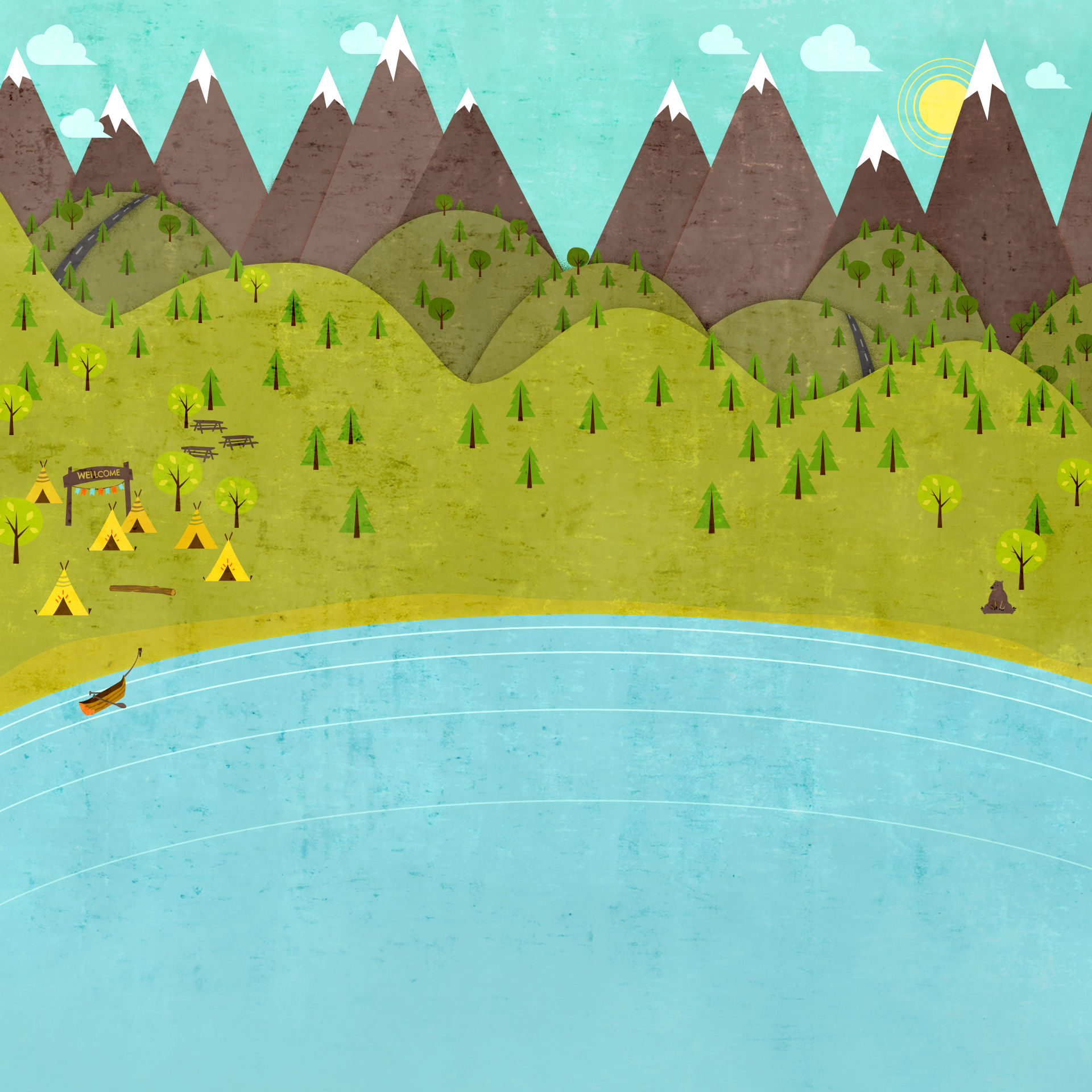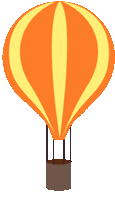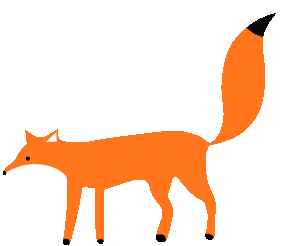



The adventures of a
Wheat Seed
COMENIUS PROJECT
2013 - 2015
INTRODUCTION - COUNTRY, REGION, SCHOOL
Turkey - the coordinator of the project
Mediha Mahmutbey Ortaokulu is a secondary school, located in a socially and economically disadvantaged area of Izmir. The population of our area includes especially immigrant families from Balkan countries. A considerable number of our children come from one-parent families or from families which parents are separated and remarried. Pupils who come from these families have some behavioral problems. All teachers and our guidance counselor make many efforts to improve the behavior of the students.
Our school was built in 1970 by the tutelary of Madam Mediha Mahmutbey who stated building a school as will in her testament and so named our school.
Mediha Mahmutbey Ortaokulu has three different buildings surrounded by a garden.
It has 1030 pupils and 71teachers. Pupils are aged from5 to 14. A big part of the school's stuffs is of young people, who work with excitement and motivation. We are involved in some national projects such as "Nutrition-Friendly School", "Forestation Project", and "Young Explorers".
So far, we have not been involved in a Comenius partnership project but we are eager to experience this multinational cooperation. Taking part in this partnership would give our school, all pupils and their families a chance to learn more about other European schools and their respective cultures. We believe it would be a great opportunity to broaden our knowledge and establish relationships with other European schools. We believe that our involvement in the project "The adventures of a wheat seed" will increase the confidence of all pupils, teachers and parents. At the same time we would like to be a good example for other schools all around the region and to attract them to take part in Lifelong Learning Programme.
Italy
The primary school of Olmedo is a part of the Comprehensive Institute of Villanova Monteleone which includes several schools from different areas of the district (kindergartens, primary and secondary schools). Our pupils are aged 6 to 10 years old.
Currently Olmedo town has about 4,000 inhabitants and it is situated at the core of the industrial triangle Alghero - Sassari - Porto Torres. At present, it is going through a strong and steady population growth due to immigration of EU and non EU families though many of the residents carry out their work in other municipalities, especially those working in secondary and tertiary fields. The social context is made up of a large number of families of low and average economic and cultural level.
Our school is known as the "Interchange school" because of our initiatives against racism, the promotion of diversity and integration, the respect for environment and nature.
We have always believed it is necessary to build an educational community, in which everyone will receive the same level of education, have equal rights and develop in a peaceful atmosphere, regardless of their differences.
We would like to be involved in this project to avoid many inconvenient situations such as lacking motivation, poor progress, difficulties in concentration and behavior problems which lead to the failure of pupils in the following school years. That is the reason why we have been organizing workshops, during and after school time, in order to change the traditional teaching methods and develop and spread the cooperative learning experience. Our labs such as Italian language courses for foreigners, IT and art courses have been addressed to families and parents as well.
During the last years we have been working on specific learning disorders: many of our teachers have attended courses on the subject and we are involving pupils, parents and colleagues in workshops in order to be familiar with, control and prevent the problem of SEN children.
We also think that the Comenius multilateral partnership will help our pupils, teachers and parents to understand and respect different lifestyles of different cultures, their customs and traditions. Working together with schools from other countries, respecting their ideas and points of view, we will gain lots of knowledge and experience.
Poland
The school is situated in a small village about 20 km from Silesia, where the rate of unemployment is very high. There are large differences among the social statuses of pupils. There are only 56 pupils and 10 teachers so pupils/teacher/parents know each other because they live and work in the same community. Because of the crisis and the decreased rate of birth the school is in a very unfavorable economical situation and so every action taken aims to increase recruitment of pupils.
Pupils and teachers from our school are very active. We are participating in several national programs and projects such as 'A friendly school for six years old children', 'Talent explorers', and 'Safety school - safety pupil'. We also participate in many competitions and our pupils achieve high scores in Art, Music, Polish language and Science contests. However, our pupils and teachers have never participated in an European project with the possibility of visiting or hosting children and colleagues from other countries.
We would like to present methods and techniques that we use to teach our children to other schools. Moreover, we would like to compare and contrast teaching in a town school versus teaching in a village one. Finally, we want to indicate the benefits and advantages of teaching in small classes.
On the other hand, we would like to be a good example for other small schools in Europe and encourage primary schools from our region to take part in Lifelong Learning Program.
Spain
Our school is located in Alcaraz, the province of Albacete in the south-east of Spain. Alcaraz has a population of about 2.000 people. This area has suffered from a depopulation in the last years as a result of underdevelopment of the economy based on agriculture. Nowadays Alcaraz is the main town of the area.
Our school is a public one and open minded in religion and politics.
There is a minority of Roma children whose families rooted in Alcaraz a long time ago and these pupils are integrated in the school and social life.
In the school we have pre-primary and primary stages and there are about 120 pupils.
There are 15 teachers, who are mostly young ones and so favor good atmosphere and participations in training activities and projects.
Our school has never participated in a Comenius project before so we are very motivated to get some experience in European cooperation. We would like to share methods and techniques we use in our country and learn from our colleagues. We would like to give the opportunity to pupils to see the differences between the school in a village and the school in a city and in other countries. We would like to give pupils and their families the opportunity to get to know other cultures, countries and their people and to host other pupils and teachers. Finally, we would like to be a good example for our neighbor schools and encourage them to participate in European partnership.
Bulgaria
Deveto osnovno uchilshte "Peyo Yavorov" is a general primary school which is situated in Blagoevgrad, in the Southwestern part of Bulgaria. It has 192 pupils (6-13 years old) many of whom come from the Roma minority. We have some children with learning and physical disabilities, who have special education needs. The school staff consists of 22 teachers who work very hard to include all the children in the school life in order to avoid the risk of their social isolation. Among the strategic objectives of our school is the development of an optimal learning environment for all pupils, with particular attention to children with disabilities or those belonging to minorities. Given the difficult economic situation over the last 10 years, our school has met new challenges, such as the decreasing motivation of pupils from single-parent families or those who have one or both parents working abroad. Their children feel abandoned and poor performance is the result of this kind of attitude. Under these circumstances our participation in the project will increase pupils' confidence, language and communication skills and motivation for learning and expression of talents and abilities. The foreign languages in the school curriculum are English and French. We will implement the project activities in all primary school subjects, and in others as Biology, ICT. Many extra curricula activities will be conducted for the best development of this partnership. The project "The adventures of a wheat seed" is suitable for the age and interests of our pupils. It will give our school life a new spirit, creative environment and will enhance the school image.
Slovakia
Zakladna Skola a Materska Skola Spisska Teplica Skolska 311 composites a primary school and a kindergarten in which 239 children from 3 to 15 years old are educated. Our school is located 3 miles away from the town of Poprad. The school building has two floors with beautiful classrooms, a sports center, a playground and a wonderful view of the Tatras, the highest mountain in Slovakia. 45 of our pupils come from the disadvantaged area of the Roma minority. The number of teachers of our school organization is 35. Pupils study English and German language from the first grade on. We have a strong tradition in sports and a national champion in shooting. We would like to further develop the talents and abilities of our children in other areas related to their health and civic education.
Our school has never participated in Comenius projects before so we are very eager to be involved in this European partnership. The theme of the project meets our needs and our participation in this project will increase the international knowledge and confidence of all children and teachers.
TASKS AND DATES
2013
September - Establishment of the school project teams of pupils and teachers. Local meetings of the project teams for making a detailed timetable of activities, their implementation into the curricula and out-of-class activities, responsible people, evaluation plan. Start writing a project diary for each activity.
October Project web site design. Every local or European project activity during the 2 year partnership will be presented on the web site.
November -School competitions for project logo and promotion sentence design.
December - The pupils write the continuation of the project Fairy Book-Diary about the adventures of Wheat Seed in Italy in both English and Italian language.
2014
January - Interactive project activity "Our bread -Our Life" (pupils supported by teachers and parents collect legends, customs and traditions, songs and dances about bread). According to their age and interests, pupils do pictures, drawings, essays, comics, craft products, video products, songs, dances to illustrate and perform the collected information.
February -Creating a Native language - English dictionary with 10 the most used national words / proverbs associated with bread. Illustrations / pictures of the words/proverbs.
March - Art and Craft workshop for making jewelry and ornaments from pasta.
Exhibitions of products from this workshop and the interactive activity "Our bread - our life".
April -Each partner send the created dictionary to the Slovak partner to make Common Picture Dictionary of Bread.Each partner send to the Italian partner a typed song or dance, dedicated to bread and performed by pupils for making a common DVD.
May - Fulfilling the common project evaluation questionnaire for pupils, teachers and parents about the first project year.
June/July -Dissemination activities about the project results from the first project year (brochures, media publications).
September - Local meetings of the school Comenius teams about the upcoming activities during the second year of the partnership.
October -Interactive project activities "Wheat products" (pupils take photos of the most typical wheat products in the country).
November - Pupils planting and caring for growing of wheat seeds in the classrooms.
Exchange of photos and other information about the planted wheat between pupils by Internet.
December/January -Interactive project activity "Bakery Book" (pupils search and collect typical national recipes from the past to nowadays, especially for ritual bread).
2015
February-Making picture-based recipe cards of the collected recipes.
March -Each partner send the scanned copies of the picture-based recipe cards to the Polish partner to design a Common Bakery Book.
April -Making short video movies about table rules / heathy eating rules in each partner country to present different ways for serving and eating bread and other wheat foods.
May -Fulfilling e-questionnaires for pupils, teachers and parents (on the project website) to evaluate the second year project results.
June -Presentation of the ready project Fairy Book-Diary "The adventures of a wheat seed".
July -Publishing the last products on the project website.
Making an online version of the project Fairy Book-Diary "The adventures of a wheat seed" (e-book).
Dissemination activities about the project results (brochures, media publications).
Video-conferences between teachers teams to complete the common part of the project final report.
WHEAT SEED ADVENTURES
Part 1 - Wheat Seed in Bulgaria
Part 2 - Wheat Seed in Poland
Part 3 - Wheat Seed in Italy
Part 4 Wheat Seed in Spain
Part 5 - Wheat Seed in Slovakia
Part 6 - Wheat Seed in Turkey
WHEAT SEED AND HIS FAMILY...
Wheat Seed in Bulgaria.
Wheat Seed with his mum in Poland.
Wheat Seed with his mum and dad in Italy.
Wheat Seed with his mum and dad and little brother in Spain.
Wheat Seed with his mum, dad, little brother and sister in Slovakia.
Wheat Seed with his mum, dad, little brother, sister and girlfriend (wife) in Turkey.






OTHER ACTIVITIES AND PRODUCTS
Common dictionary of proverbs about bread.
From grain...

